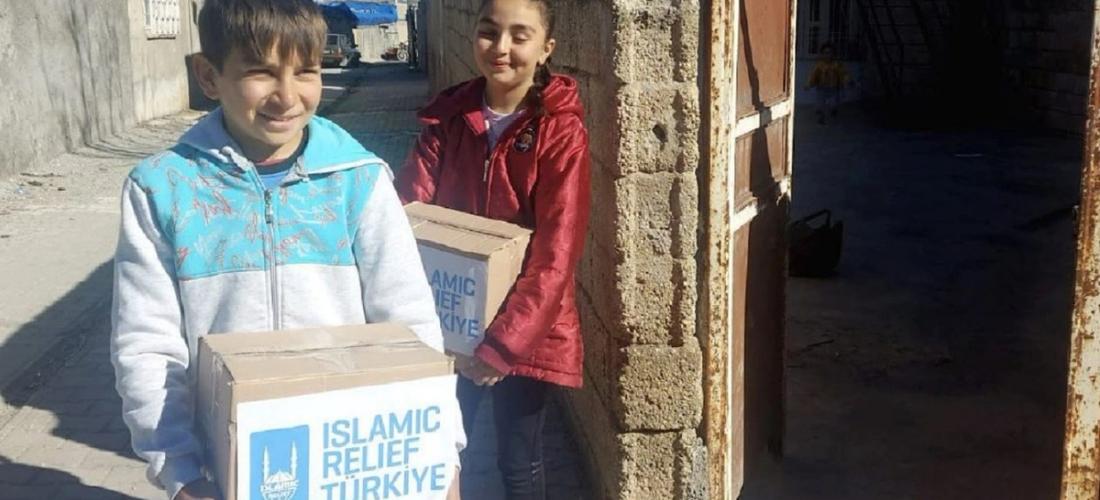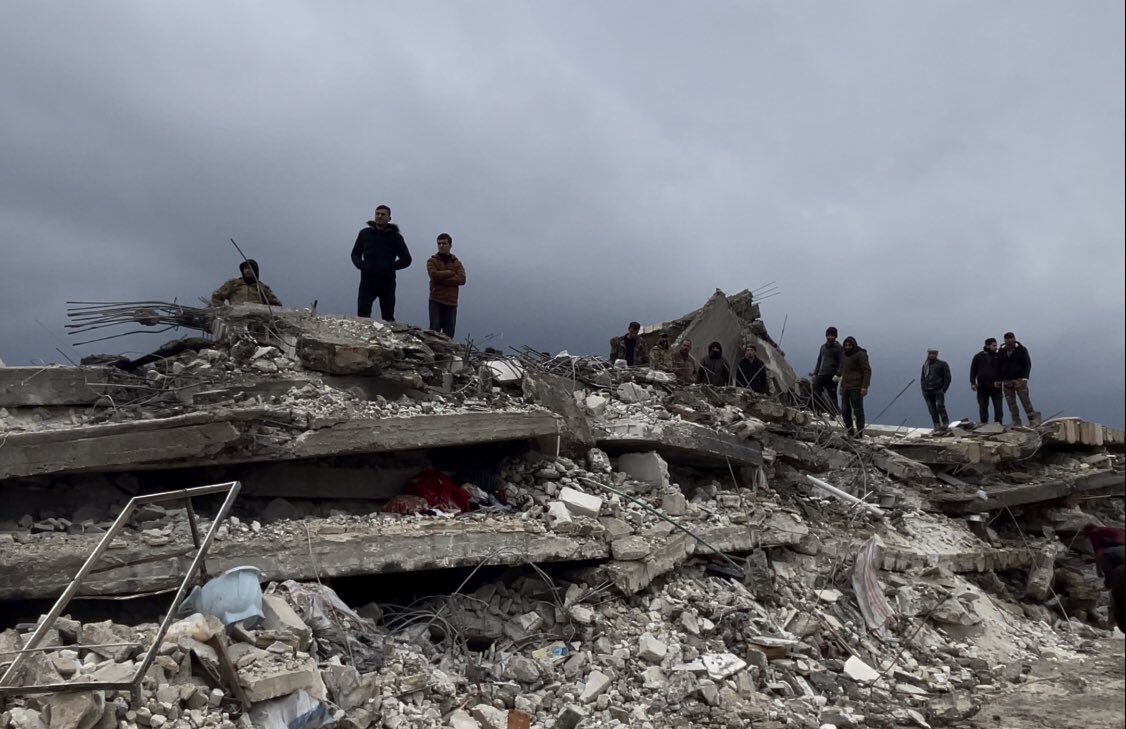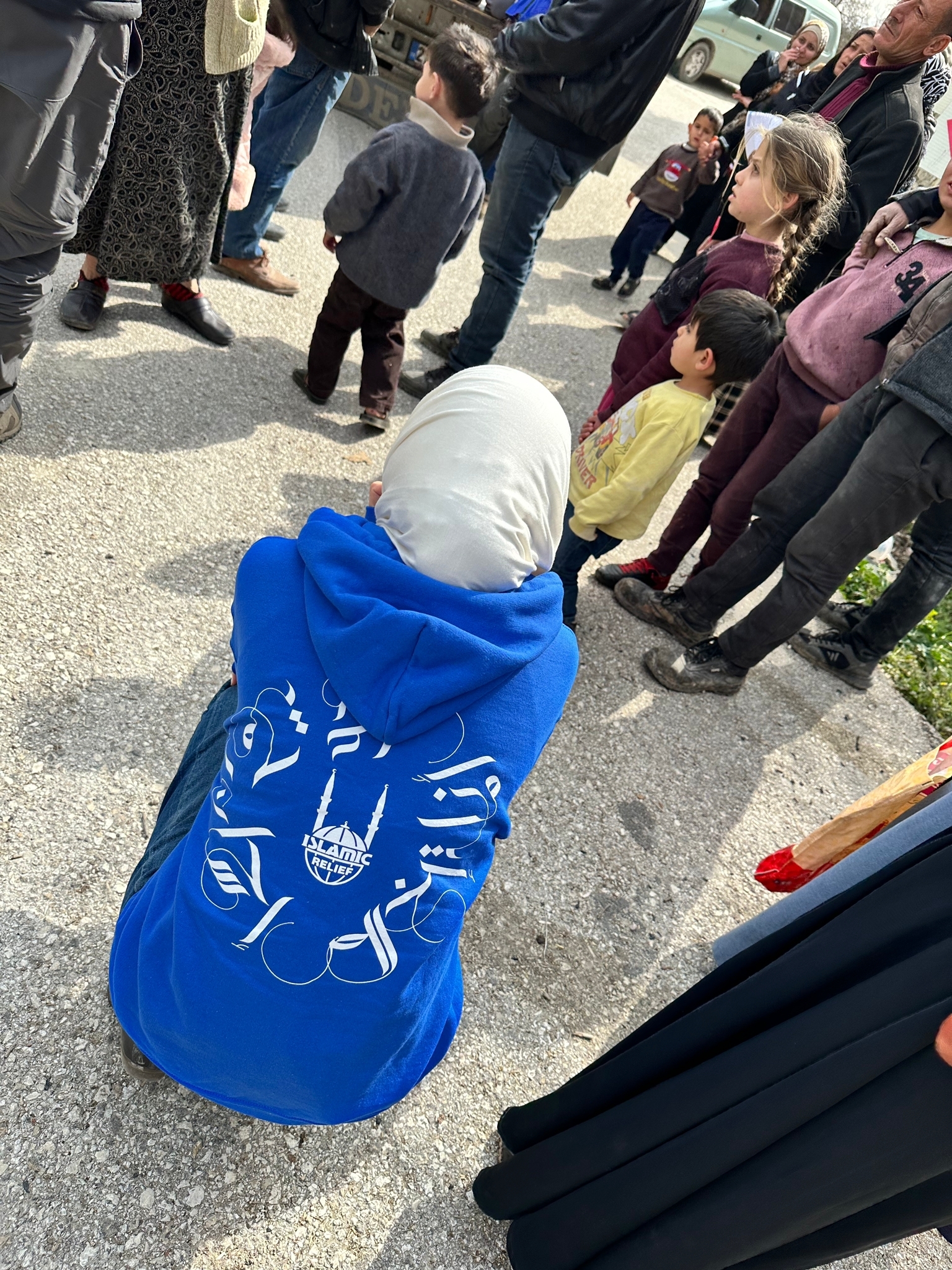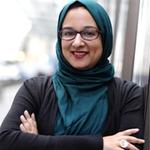Help Us Support IRUSA's Ongoing Earthquake Relief Efforts – a Ramadan Story in 3 Parts
Community
|
Mar 23, 2023
|
5 MIN READ

Image source: @islamicreliefusa on Instagram
Editor’s Note: This Ramadan, Haute Hijab is continuing its partnership with Islamic Relief USA to help support earthquake relief efforts in Turkey and Syria. This article is the first in a three-part series focused on this longer-term relief work, the stories of survivors and what it takes for an organization like IRUSA to plan out and execute long-ranging relief projects. Please reap the rewards of supporting work like this in Ramadan and click here to donate.
It’s been a little over a month since two massive earthquakes devastated parts of Turkey and Syria – a little over a month since our own Melanie traveled with a team from Islamic Relief USA (IRUSA) to bear witness to the destruction on the ground and the immense needs of the Turkish and Syrian survivors of the earthquakes while raising awareness and donations.
The death toll from the earthquakes is around 50,000 while about two million have been displaced and are living in temporary housing, a number that’s hard to even fathom. We are often compelled in the wake of terrible natural disasters to give of our money and of ourselves to help those in need. The desperation in the hours, days and immediate weeks following these events is palpable, and as an ummah we can almost physically feel the pain, overwhelming sadness and hurt ourselves.
But the reality is that as time passes, our urgency to help can also unfortunately fade a bit.
Often, for those of us thousands upon thousands of miles removed from these disasters, the two biggest things we are advised to do is to make immense du’a and to donate of our wealth and our time as directed by charity organizations and NGOs (non-governmental organizations) who are on the ground and can best assess the situation at hand, the immediate and long term needs, and what we can do to help.

Image source: Wikimedia Commons
For all of us at Haute Hijab, our hearts and minds have never left the people of Turkey and Syria; we knew that when Ramadan came, we wanted to continue our partnership with IRUSA to encourage our communities to continue to donate and support earthquake relief efforts as they move from the critical immediate stages of disaster relief into more mid-term and long-term projects to help those affected rebuild their lives.
The support needed for Turkey and Syria’s earthquake survivors has not eased as time passes and the hard work of rebuilding lives continues.
I spoke with IRUSA’s CEO Sharif Aly, who recently returned from a field trip to Turkey, to learn more about the situation on the ground now in Turkey. While in Turkey, Br. Sharif visited Gaziantep, Hatay province and Kahramanmaras province. In Hatay, in the city of Antakya, the devastation was immense. “It’s basically been reduced to rubble. If you look at an aerial view, more than 80 percent of the buildings are destroyed. The largest number of deaths took place in Antakya,” he says.
In the month since the earthquakes, the Turkish government has cleaned up a lot of the rubble and opened up the streets in Antakya, Br. Sharif says. However there are hardly any people there because the city is unlivable. “It gives you a bit of an eerie ghost town feeling.”
IRUSA's Sharif Ali shares about the ongoing work in Turkey and how we all can help.
At one of the rubble sites in Antakya, a van came and a man stopped the IRUSA field workers and told them about how before the earthquake, he was complaining to his family, because they were moving to the southern beach city of Antalya, and he didn’t know how to transport all their possessions, Br. Sharif recalls.
“Subhan’Allah, he lost everything, his home was completely destroyed, and he told us that everything he had left he could fit into the van. ‘Now I’m so thankful that I survived and my immediate family survived,’ the man told us. Unfortunately some of his extended family died in the earthquakes. He just drove away after that.”
This was just one of the stories, one of the survivors whom Br. Sharif and the IRUSA team met while in Turkey. As the weeks pass and Turkish and Syrian survivors try to slowly rebuild their lives, the work that organizations like Islamic Relief, Islamic Relief USA and other organizations and NGOs do (in addition to what the Turkish government is already doing) will be crucial in helping build foundational supports and structures to help survivors find permanent housing, regain their livelihoods and deal with the trauma they’ve endured.
IRUSA and other NGOs are working with AFAD, the Disaster and Emergency Management Authority, in Turkey to conduct assessments for what the needs are as they move past initial disaster relief work into longer-term projects. “AFAD provides a list of beneficiaries we can support,” Br. Sharif says, “and we verify the beneficiaries and then distribute items, like food vouchers, hygiene kits and other things.”
When it comes to long-term projects to help Turkish and Syrian earthquake survivors rebuild their lives, Islamic Relief is working in three areas: housing, livelihood and psycho-social (mental health) support.

Melanie in Turkey a few weeks ago in the immediate aftermath of the earthquakes; image source: IRUSA.
In the coming weeks, as we continue to partner with IRUSA and ask for your donations in Ramadan to help with these longer-term relief efforts, we will be sharing more stories on the blog about how these three areas of support work are being assessed and planned as well as a behind-the-scenes look at the immense intricacies and responsibilities of how IRUSA does this work, the success of which depends in large part on continued donations from our communities.
The losses endured by the earthquake survivors in Turkey and Syria feel impossible to comprehend for those of us in Ramadan mode in our homes and communities. As we focus on our relationship with Allah (S) this month, let us not forget our brothers and sisters in Turkey and Syria. We cannot abandon them.
“[While I was in Turkey], we drove by a mass grave,” Br. Sharif recalls. “When they were pulling people out of the rubble [in the initial days after the earthquake], they couldn’t identify everyone. So, they created a system where they would number the bodies, and they would bury them. And, families would have to go there to try and figure out if their loved ones were there.
“When you see this huge plot of land with so many sticks [coming out of the ground], and those sticks each have a number on them, and each number is connected to an individual [who perished], well I can’t describe that feeling.”
Click here to donate to Haute Hijab's charity campaign for IRUSA’s ongoing earthquake relief efforts. Allah (S) loves for us to generously give as much as we can in Ramadan, and in doing so, the rewards will be multiplied. And, check back to the blog in the coming days to read more about the ongoing earthquake relief efforts happening in Turkey, and how IRUSA continues to carry the amanah of doing this work.
Subscribe to be the first to know about new product releases, styling ideas and more.
What products are you interested in?

